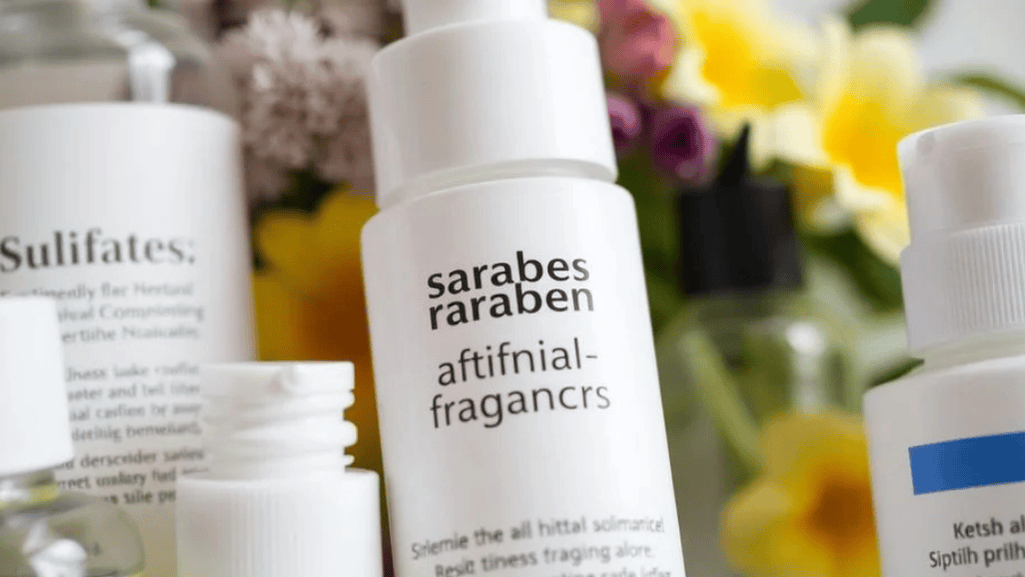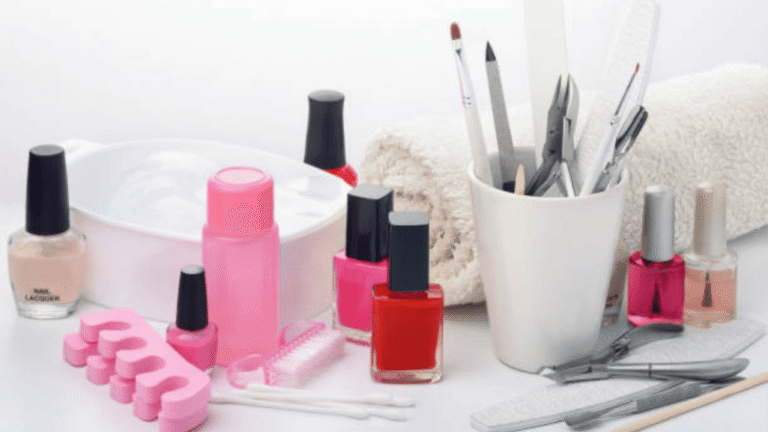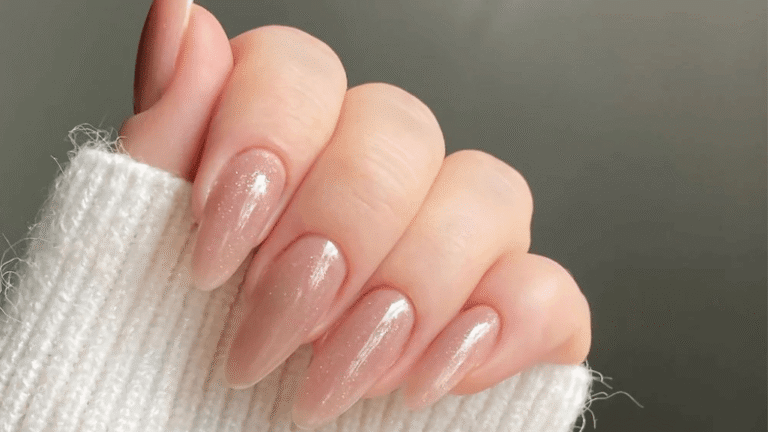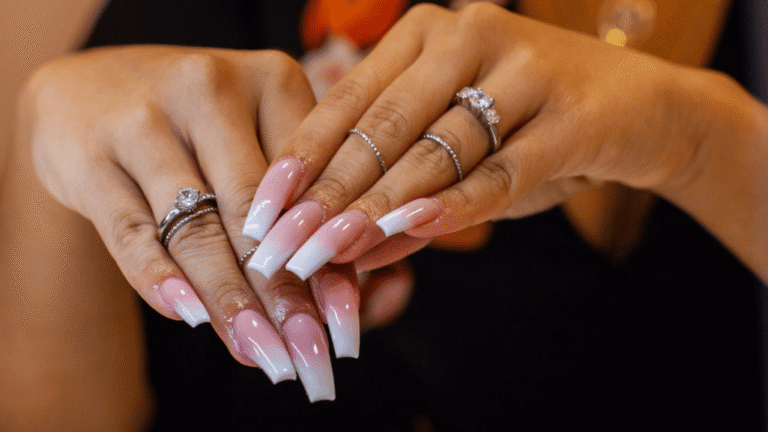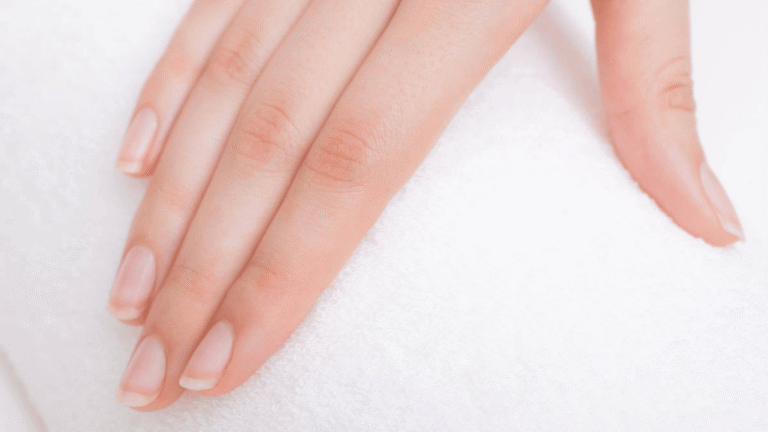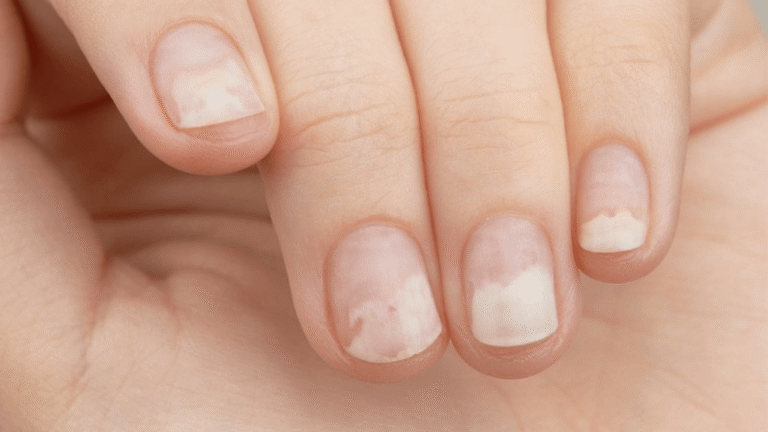Glowing Skin Tips: simple, dermatologist-friendly steps to healthier-looking skin. Follow a sensible daily Unlock Glowing Skin routine, choose nourishing products, and support your skin from the inside — with antioxidant-rich foods and plenty of water — to help your face look its best every day. Read on for practical tips and easy changes that can help you get glowing skin without complicated steps or expensive routines.
Key Takeaways:
- Follow a daily skincare routine for all skin types.
- Use natural beauty products that are affordable and effective.
- Incorporate skincare ingredients that promote healthy skin.
- Protect your skin from sun damage with broad-spectrum SPF.
- Moisturize your skin regularly to keep it hydrated.
Unlock Glowing Skin
Hydrate and protect: a good moisturizer is essential. Choose a lightweight formula for daytime and a richer cream at night, and look for ingredients such as hyaluronic acid, ceramides, or glycerin that lock in moisture. If you prefer simpler products, a daily moisturizing lotion with antioxidant support can be a great way to keep your skin nourished and help you get glowing skin.
Incorporating brightening actives can lift dullness and even your complexion—used correctly. Key ingredients to consider:
Vitamin C: an antioxidant that helps brighten and supports skin resilience against environmental stressors (use in the morning under sunscreen).
Niacinamide: 2–5% improves the skin barrier and texture and pairs well with many products.
Alpha‑arbutin & skin‑brighteners: target dark spots at regulated concentrations—introduce gradually and patch-test.
How to use them safely: introduce brighteners one at a time, patch-test, and avoid mixing strong actives (for example, wait to combine strong AHA peels with vitamin C or retinoids). Typical concentrations: vitamin C serums often range 10–20% (or use stable derivatives), niacinamide works well at 2–5%, and alpha‑arbutin is effective at low, regulated percentages. Start slow—1–3x per week for new actives—and increase based on your skin’s tolerance. If you see persistent irritation or breakouts, stop and consult a professional.
Moisturize and mask smartly to boost radiance. For daytime, use a lightweight moisturizer that hydrates and layers well under sunscreen; at night, switch to a richer cream or oil if your skin feels dry. Look for proven skincare ingredients like vitamin C (in stable forms), niacinamide, hyaluronic acid and ceramides to restore moisture and support the skin barrier.
Practical Tips & Frequency
Use a hydrating face mask once or twice a week to give skin an extra moisture boost — choose masks with hyaluronic acid, glycerin, or soothing botanical extracts. After masking, lock in benefits with your regular moisturizer. For oily skin, lightweight gel masks and non-comedogenic oils are helpful; for dry skin, richer creams and sleeping masks work well.
Enhance Your Skin with a Healthy Diet and Hydration
Your diet plays a significant role in the health and appearance of your skin. Eating antioxidant-rich foods — like berries, grapes and nuts — supplies vitamins and polyphenols that support a healthy complexion. These antioxidants help reduce oxidative stress, which contributes to healthier, more resilient skin.
Hydration matters: aim for regular water intake throughout the day — a common starting point is 8 glasses, but needs vary by body size and activity. Carry a bottle, sip frequently, and look for signs you’re well hydrated: regular energy, less dry skin, and fewer fine lines. Limit excess caffeine and alcohol, which can dehydrate.
Small changes inside — like adding berries or a handful of nuts daily and sipping water throughout the day — are simple ways to support healthy skin. These habits won’t replace sunscreen or good skincare, but combined with a consistent routine they help your skin look plumper and reduce the appearance of fine lines and wrinkles. Try these steps for a few weeks and track how your complexion responds.
When choosing skincare products, prioritize formulas that support your skin’s health. If you prefer to avoid certain ingredients, look for clearly labeled sulfate-free and paraben-free options — many modern products provide gentle cleansing and lasting hydration without harsh additives. That said, regulatory bodies consider some parabens safe at low levels; if you have concerns, select alternatives and consult your dermatologist.
Avoid Sulfates and Parabens
Sulfates and parabens are common ingredients found in many skincare products, including cleansers, moisturizers, and makeup. Sulfates (like SLS) can be drying or irritating for sensitive or dry skin. Parabens are preservatives; while many regulators consider low levels safe, some people prefer paraben-free formulas. If you have sensitive skin or want to err on the side of caution, choose gentle, hydrating alternatives and make sure to patch-test new products.
Conclusion
Glowing Skin Tips — in short: be consistent. Cleanse gently, exfoliate carefully (don’t overdo it), hydrate and protect with a broad‑spectrum sunscreen every day, and add targeted ingredients like vitamin C or niacinamide as needed. Remember that inside‑out care (good diet and enough water) supports your routine. Try this simple 4‑step approach for a few weeks and track how your skin is looking — then adjust products and timing to fit your needs.
FAQ
What is the most essential step in achieving glowing skin?
The most essential step in achieving glowing skin is to cleanse your face regularly. This helps to remove dirt, oil, and pollution particles that can clog pores and cause dullness. Use a gentle face cleanser and consider using a facial cleansing brush for a deeper cleanse.
How can I hydrate and protect my skin for a radiant complexion?
You can hydrate and protect your skin by applying a moisturizer daily to keep it hydrated and moisturized. Look for products that contain skincare ingredients like vitamin C, niacinamide, and skin-brighteners that can help brighten the complexion and even out skin tone. Additionally, using a broad-spectrum SPF sunscreen is crucial to protect your skin from harmful UV rays.
What are some brightening skincare ingredients I should look for?
Some brightening skincare ingredients you should look for are vitamin C, niacinamide, resorcinol, and alpha-arbutin. Vitamin C is an antioxidant that can brighten the skin by blocking pigment production, while niacinamide slows down pigment production and can lighten dark spots. Resorcinol and alpha-arbutin break down pigment for a more even skin tone.
How often should I moisturize my skin for a radiant complexion?
It is recommended to moisturize your skin twice a day, in the morning and evening, to replenish hydration and keep your skin looking healthy and radiant.
How can I enhance my skin with a healthy diet and hydration?
You can enhance your skin by consuming antioxidant-rich foods like grapes, berries, and nuts, which help protect your skin from UV damage and promote a healthy complexion. Additionally, staying hydrated by drinking plenty of water and avoiding caffeine and alcohol can help your skin stay moisturized and radiant.
What harmful ingredients should I avoid in skincare products?
It is important to avoid sulfates and parabens in skincare products as these can be drying and potentially harmful to the skin. Instead, opt for hydrating products that will nourish and moisturize your skin. Make sure to read the ingredient list before purchasing any skincare products.
What should be included in a daily skincare routine for glowing skin?
A daily skincare routine for glowing skin should include cleansing, exfoliating, hydrating, and protecting your skin. It is important to cleanse your face regularly, exfoliate to remove dead skin cells, moisturize to keep your skin hydrated, and apply sunscreen to protect your skin from UV damage.
Can you give a summary of the glowing skin tips mentioned?
To achieve a beautiful face and glowing skin, it is crucial to follow a consistent skincare routine. This includes cleansing your face regularly, hydrating and protecting your skin, incorporating brightening skincare ingredients, moisturizing and masking for radiant skin, enhancing your skin with a healthy diet and hydration, avoiding harmful ingredients, and taking care of your skin on a daily basis. By following these tips and utilizing quality skincare products, you can unlock the secrets to a beautiful face and skin ca





